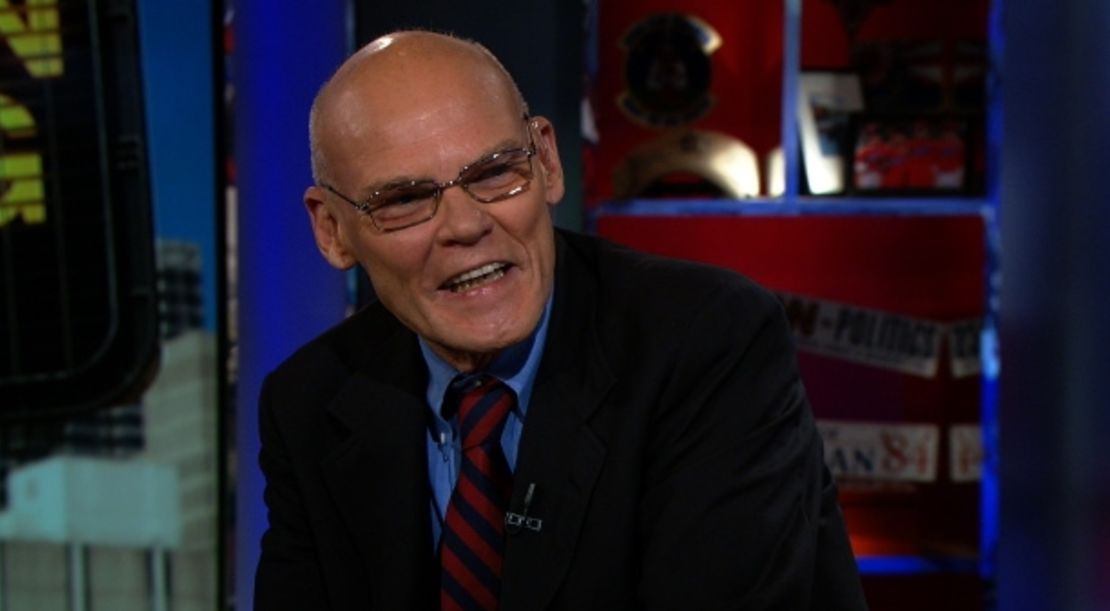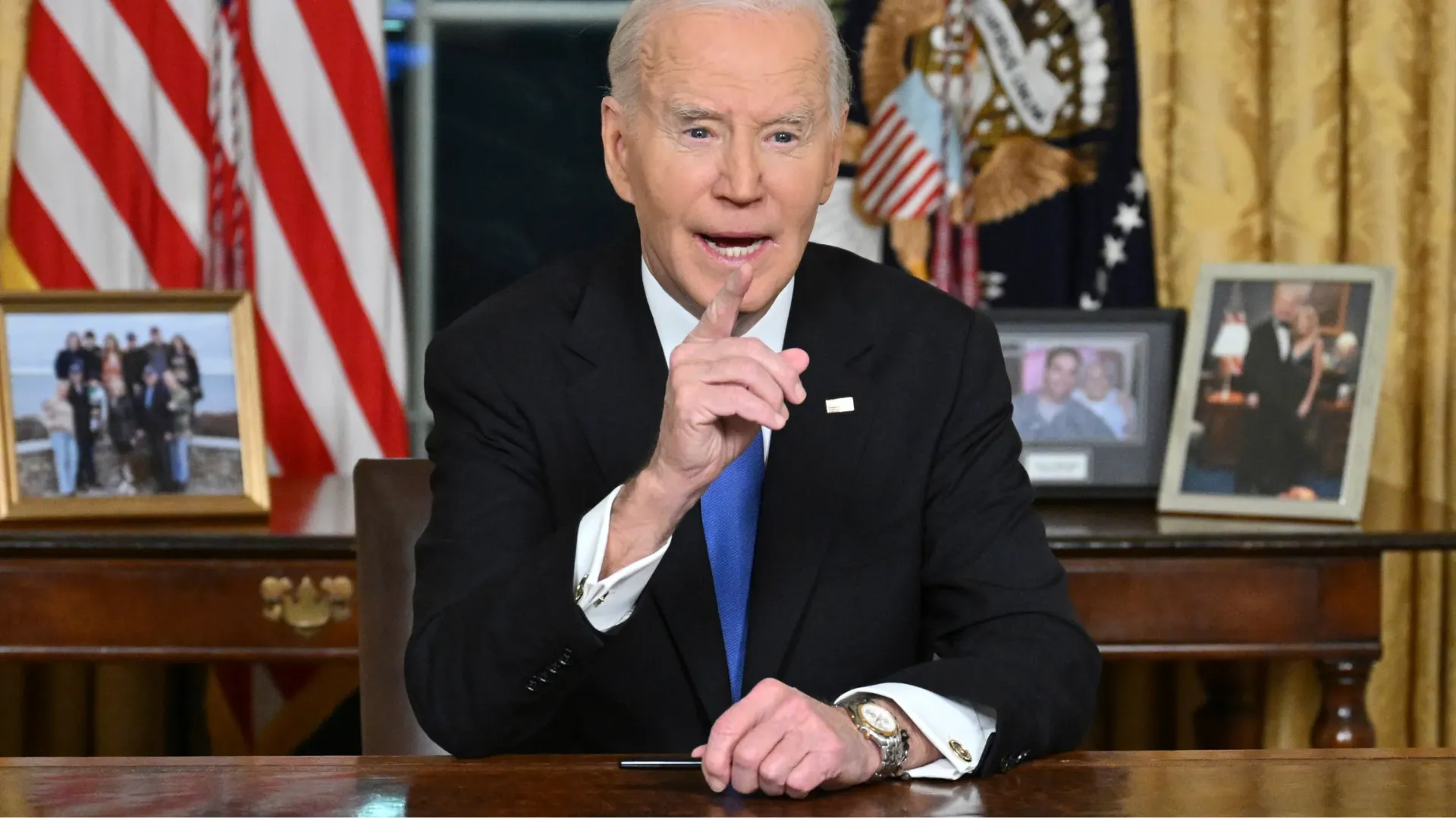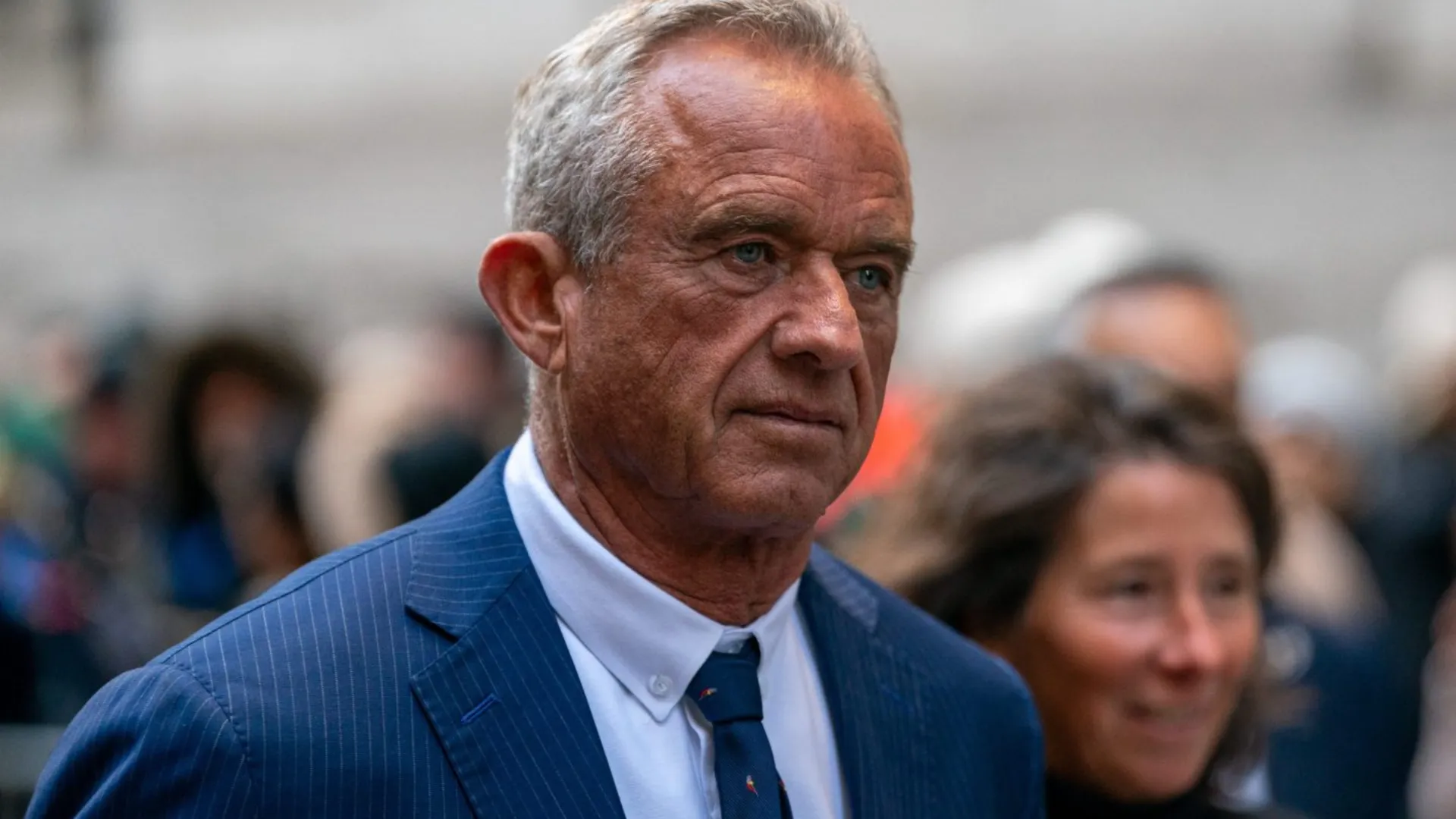
Longtime Democratic strategist James Carville is once again making headlines, this time for his blistering criticism of President Donald Trump’s handling of the economy. In a sharply worded op-ed published Monday in The New York Times, Carville accused Trump of committing what he called “one of the most ignorant acts of political leadership in American history” by destabilizing the global economy with his erratic tariff policy.
He didn’t stop there—Carville declared that Trump has broken the cardinal rule of American politics: “Never destabilize the economy.”
The warning came as financial markets continue to reel from the president’s back-and-forth trade policies, particularly the sudden implementation, then partial reversal, of sweeping global tariffs.
Trump’s decision to impose massive import taxes on dozens of countries before pausing them just days later, only to threaten reinstating them yet again, has sent waves of uncertainty through international markets and domestic industries alike.
For Carville, a Democratic political legend best known for engineering Bill Clinton’s 1992 presidential victory and coining the now-iconic phrase “It’s the economy, stupid,” the chaos surrounding Trump’s trade policy isn’t just a political liability—it’s a historic blunder.
“In what will certainly be recorded as one of the most ignorant acts of political leadership in American history, the president of the United States has now willfully damaged the global economy with his tariff chaos,” Carville wrote in his op-ed.
“Not only was this an act of economic warfare, it has broken the cardinal rule in American politics: Never destabilize the economy.”
Carville’s critique centers around the escalating drama surrounding Trump’s tariff strategy. Earlier this month, Trump announced a series of reciprocal tariffs targeting imports from countries that, according to his administration, maintain unfair trade practices.
The sweeping move included a 10 percent blanket tariff on all goods and a staggering 145 percent tariff on Chinese imports.
Markets immediately reacted. The Dow Jones Industrial Average fell 9 percent in just two days. Trade groups sounded alarms, economists issued dire forecasts, and political allies began to murmur unease behind closed doors.
Then, in a surprise move, Trump reversed course. He announced a 90-day pause on all tariffs except those targeting China. He framed it as a strategic delay to allow negotiations, but the sudden shift only deepened market uncertainty.
And just days later, Trump threatened to reimpose the full slate of tariffs if other nations didn’t come to the table fast enough.
This back-and-forth left global leaders baffled and investors shell-shocked. Businesses dependent on global supply chains scrambled to adapt. Importers hesitated to make purchases, unsure whether they would face penalties three months down the line.
Carville sees this as not just bad economics but dangerous politics. “The Trump administration is causing enormous damage to itself — and there can be no more distraction from this naked truth,” he wrote.
In typical Carville fashion, the longtime strategist combined his critique of Trump with a scathing rebuke of his own party. Carville has long expressed frustration with what he sees as the Democrats’ failure to seize political opportunities and shape a compelling narrative.
He argues that Trump’s economic missteps have created an opening for Democrats—one they have too often squandered.
“This is where the Democrats have an opening,” he said. “In February I wrote a piece calling on my party’s leaders to play dead, allowing the Republicans to punch themselves out and crumble beneath their own weight.”
But Carville criticized some Democrats for “indulging Mr. Trump’s lunacy or allowing themselves to become the story over the government funding and shutdown debate.” He cautioned that this tendency to self-sabotage risks letting the GOP off the hook just as Trump’s policy failures begin to mount.
“Now, Democrats have an opportunity to allow the Republicans to edge closer to collapse as the party in full control of Washington — let’s please not become the story again and get in their way,” he urged.
Carville believes that regaining control of the economic narrative is the key to reversing the Democrats’ recent political struggles. He argues that Americans are ready to move on from Trump’s brand of chaos and crave stability, competence, and forward-looking economic policies.

“The path to stabilizing and strengthening the country starts when Democrats can take back the economic narrative from the Republican Party and persuade the majority of Americans to close the book on the Trump chaos,” Carville concluded.
Carville’s op-ed comes at a pivotal moment in Trump’s second term. While the president remains popular among core Republican voters, his handling of the economy is beginning to take a toll. Recent polls show that a growing number of Americans now blame Trump, rather than Biden, for ongoing economic woes.
A CBS News/YouGov poll released this week found that 54 percent of Americans now hold Trump’s policies responsible for the current state of the economy. Just a month earlier, that number stood at 34 percent. A separate poll from The Economist and YouGov found similar results.
Trump has long touted his business background and claimed he is uniquely suited to manage the economy. In 2024, he campaigned heavily on reversing Biden’s inflationary policies and promised to bring back economic prosperity through tax cuts, deregulation, and “America First” trade deals.
But now, with inflation still persistent, markets volatile, and consumer prices rising due to the tariffs, many voters are starting to question those promises.
The danger for Trump is that once voters lose confidence in a president’s ability to manage the economy, the political fallout can be swift and brutal. History is full of examples—from Herbert Hoover to George H.W. Bush—of presidents who presided over economic turmoil and paid the price at the ballot box.
Carville seems to be betting that Trump will suffer the same fate.
While Carville’s diagnosis of the Republican problem is clear, his prescription for Democrats is more complicated. He urges restraint—don’t become the story, let the GOP unravel—but also calls for a bold reclaiming of the economic narrative.
It’s a delicate balancing act, particularly for a party often accused of lacking message discipline. Some Democrats want to push bold progressive policies, while others argue for a more moderate, incremental approach.

Carville seems to be saying that the party doesn’t have to choose between those strategies right now. Instead, it should focus on showcasing the contrast between Trump’s erratic leadership and the Democratic commitment to stability and competence.
That will be easier said than done. The party remains divided, and internal squabbles often dominate headlines. But Carville’s warning is clear: don’t get distracted. Trump is making his own mess—let him live in it.
Beyond the political analysis, Carville’s op-ed is also a plea. A plea to the American people to recognize what he sees as the clear and present danger of Trump’s economic policies. A plea to the media to focus on substance over spectacle. And a plea to fellow Democrats to show discipline and vision.
“This is not normal,” he seems to say. “And we can’t afford to treat it like it is.”
Trump’s approach to trade, fiscal policy, and executive decision-making, according to Carville, reflects a level of recklessness that undermines both economic stability and democratic norms. While Trump and his allies frame the tariffs as tough, strategic moves to strengthen American industry, critics see them as performative and poorly thought out.
By imposing massive tariffs and then rolling them back days later, Trump has created confusion in markets and among America’s trading partners. At a time when global cooperation is needed to address challenges like supply chain disruptions and climate change, Trump’s policies are pushing the U.S. into economic isolationism.
And as Carville points out, that isolation comes with a price.
James Carville may no longer be the dominant voice in Democratic politics that he was in the 1990s, but his instincts remain sharp. In his latest op-ed, he offers both a warning and a roadmap.
The warning: Trump’s economic policies are not just flawed—they are dangerous. The roadmap: let Republicans implode under the weight of their own decisions, while Democrats calmly, confidently offer a better path forward.
Whether the party listens remains to be seen. But one thing is clear—Carville, never one to mince words, believes the stakes couldn’t be higher.
“Never destabilize the economy,” he wrote. “That’s the cardinal rule. Trump has broken it. Now it’s time to hold him accountable.”





